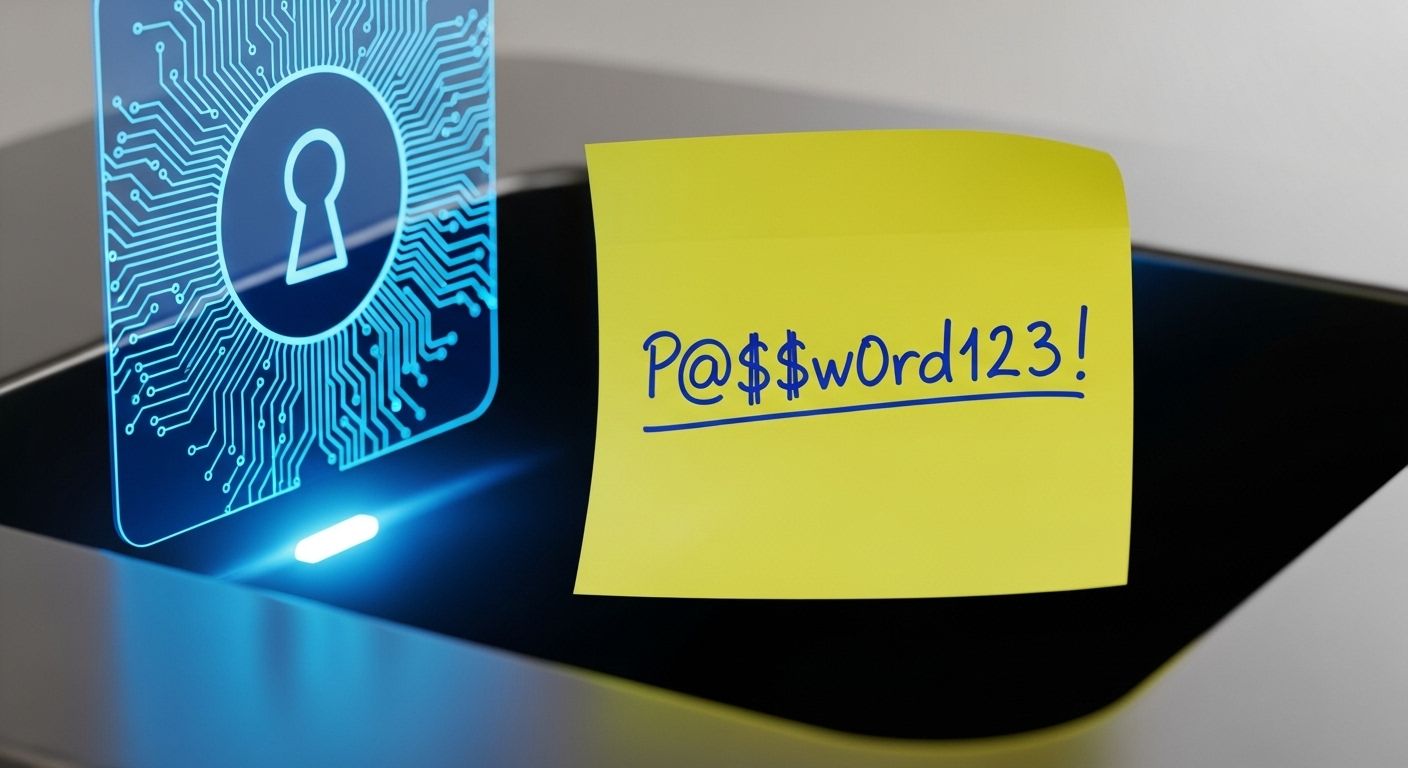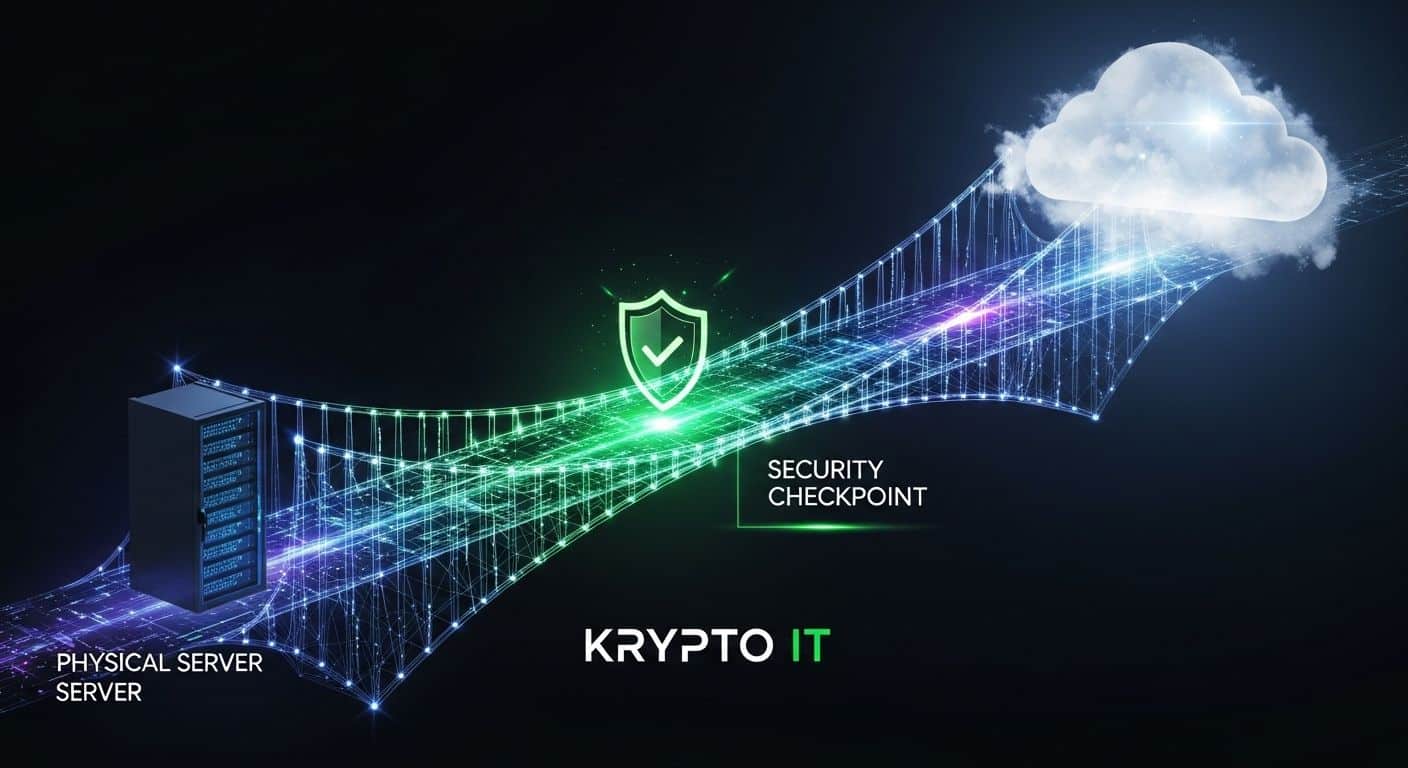
Third-Party Risk: Your Biggest Blind Spot
June 17, 2025
Ongoing Breaches: The Credential Crisis
June 19, 2025How New Cyber Trends Target Remote Workers & Spread Malware
The digital landscape is constantly shifting, and with it, the tactics of cybercriminals. While many businesses focus on traditional threats like ransomware and phishing, new trends are emerging that exploit our aspirations and our fascination with cutting-edge technology. Two significant and growing concerns for Small and Medium-sized Businesses (SMBs) in Houston are sophisticated job scams targeting remote workers and recent graduates, and the proliferation of fake AI video editing platforms designed to distribute malware.
These aren’t just minor annoyances; they represent highly effective avenues for attackers to gain access to personal and corporate data, leading to financial loss, identity theft, and system compromise.
The Deceptive Lure of Sophisticated Job Scams
The rise of remote work has opened up new opportunities for job seekers, but it has also created a fertile ground for scammers. These aren’t the easily identifiable “Nigerian prince” emails; modern job scams are incredibly sophisticated, leveraging advanced social engineering and even AI to appear legitimate.
How They Work:
- Hyper-Realistic Impersonation: Scammers meticulously research companies and individuals. They create fake LinkedIn profiles mimicking real recruiters or executives, set up convincing fake company websites, and use email addresses that are almost identical to legitimate corporate domains (e.g., companyname.careers@gmail.com instead of careers@companyname.com).
- Targeting Vulnerable Groups: Remote workers, recent graduates, and individuals actively seeking new employment are prime targets. They are often eager for opportunities and might be less skeptical of unsolicited offers that seem “too good to be true.”
- Elaborate Interview Processes: Gone are the days of instant job offers. Scammers now conduct multi-stage interview processes, sometimes even utilizing deepfake video technology to impersonate hiring managers during virtual calls. They might request extensive personal information during this phase, claiming it’s for background checks or onboarding.
- Fake Checks & Upfront Costs: A common tactic involves sending a seemingly legitimate “onboarding” check (often for equipment or software) and then asking the victim to send a portion of it back to a “vendor” or “supplier.” The check is fake, eventually bounces, and the victim is out the money they sent. Other scams demand upfront payments for training, software licenses, or “background checks.”
- Information Harvesting: The ultimate goal is often identity theft or gaining credentials. They might ask for sensitive details like Social Security numbers, bank account information, or even photos of identification documents under the guise of employment verification.
Why Houston SMBs Should Care:
- Employee Risk: Your employees, especially those actively seeking career advancement or side gigs, can fall victim. Compromised personal accounts can lead to compromised work accounts if credentials are reused.
- Reputational Damage: If your company’s name is impersonated in a job scam, it can damage your brand’s reputation and lead to legal issues.
- Supply Chain Entry: A compromised individual might unknowingly provide a gateway into your company’s network or data.
The Illusion of Innovation: Fake AI Video Editing Platforms
The explosion of interest in generative AI tools, particularly for creative tasks like video and image generation, has created another golden opportunity for cybercriminals. They are exploiting the novelty and high demand for these tools by creating sophisticated fake platforms designed solely to distribute malware.
How They Work:
- Deceptive Marketing: Attackers run thousands of malicious ads on social media platforms like Facebook and LinkedIn, promoting “free” or “revolutionary” AI video generator tools (e.g., mimicking legitimate platforms like “Luma AI,” “Canva Dream Lab,” or “Kling AI”).
- Professional-Looking Websites: These fake platforms have highly convincing websites, often using identical logos, user interfaces, and even realistic “demo” videos to trick users into believing they are legitimate services.
- Malware Delivery: When a user attempts to “generate” a video or access a “premium feature,” they are prompted to download a seemingly harmless file (e.g., a .mp4 or .dmg file) that is actually an executable disguised with a double extension (e.g., video.mp4.exe).
- Information Stealers and Backdoors: Once executed, these files install various types of malware, including:
- Information Stealers (Infostealers): Designed to harvest login credentials, cryptocurrency wallet details, Browse history, and other sensitive data from the victim’s device.
- Trojans and Backdoors: Giving attackers persistent remote access to the compromised system, allowing them to install more malware, spy on activity, or launch further attacks.
Why Houston SMBs Should Care:
- Employee Device Compromise: Employees using personal devices for work or even company-issued devices for personal Browse can download these fake tools, compromising their endpoints.
- Credential Theft: Stolen credentials can lead to unauthorized access to company cloud accounts, internal systems, or even financial platforms.
- Network Infiltration: A compromised employee device, especially if connected to the company network, can serve as a beachhead for attackers to move laterally and infiltrate your core infrastructure.
- Data Exfiltration: Infostealers can siphon off critical business data without immediate detection.
Protecting Your Houston SMB from These New Trends
Combating these evolving threats requires vigilance and comprehensive cybersecurity measures:
- Heightened Security Awareness Training:
- Job Scam Specifics: Educate employees and encourage them to be wary of unsolicited job offers, “too good to be true” salaries, requests for upfront payments or personal financial details during the application phase, and interviews conducted solely via text or chat. Emphasize verifying opportunities directly with the company’s official website.
- Fake AI Tool Warnings: Warn employees about downloading AI tools from unverified sources, especially those advertised on social media with unbelievable promises. Stress checking official developer websites for downloads.
- “Out-of-Band” Verification: Reinforce the importance of verifying any suspicious request (job offer, AI tool, etc.) through an independent channel (e.g., calling a known company number, visiting official websites directly).
- Robust Endpoint Detection and Response (EDR/MDR): Deploy advanced EDR solutions on all company devices (and encourage for personal devices used for work). These tools can detect and block sophisticated malware distributed by fake AI tools, even if they bypass initial defenses.
- Advanced Email and Web Filtering: Implement security solutions that can detect and block sophisticated phishing emails (including those related to job scams) and prevent access to known malicious websites hosting fake AI tools.
- Strict Software Policies: Establish clear policies regarding the downloading and installation of software on company devices. Encourage employees to stick to approved software and official app stores.
- Multi-Factor Authentication (MFA): Mandate MFA for all business accounts. Even if an employee’s credentials are stolen via a job scam or infostealer, MFA provides a critical second layer of defense.
- Continuous Vulnerability Management: Keep all operating systems and applications patched and up-to-date to prevent attackers from exploiting known vulnerabilities that malware might leverage.
- Data Loss Prevention (DLP): Consider DLP solutions to prevent sensitive company data from being exfiltrated from devices, even if they become compromised.
The evolving tactics of cybercriminals mean SMBs in Houston must constantly adapt their defenses. These new trends—sophisticated job scams and malware-laden fake AI tools—exploit human psychology and cutting-edge technology to create potent threats. Krypto IT is dedicated to keeping your business informed and protected against the latest cyber challenges.
Contact us today to schedule a free consultation and ensure your business is resilient against these emerging digital dangers.




